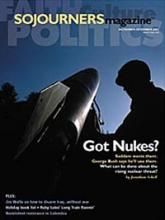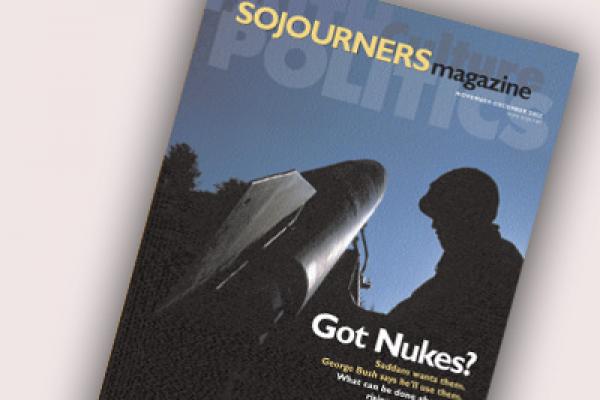The world has entered a new nuclear age, a second nuclear age. The danger is rising that nuclear weapons will be used against the United States. Just as bad, the danger is rising that the United States will use nuclear weapons against others. A paradoxical product of the new danger is the Bush administration's proposal to achieve the nuclear disarmament of Iraq (which may or may not be trying to build nuclear weapons) by overthrowing the regime of Saddam Hussein. To understand why, we have to look back to the beginning of the post-Cold War period.
When the Cold War ended, many Americans, encouraged by official statements, came to believe that nuclear danger might be a thing of the past. The conclusion was not surprising. The world's great nuclear arsenals, we had been told for some 40 years, were built for a purpose—waging the Cold War—and that purpose melted away with the disappearance of the Soviet Union. Might not the arsenals also melt away? What earthly purpose did they serve? Russia was our friend. Could it possibly make sense any longer to threaten it with annihilation—and to go on enduring the threat of annihilation at Russian hands? And indeed, reductions were occurring under the auspices of the Strategic Arms Limitation Talks, and more could be expected. Perhaps nuclear weapons were now simply the detritus of an age of peril that had passed, and would be carted away. Perhaps one day we'd wake up and discover that the last warhead had been dismantled.
Read the Full Article

